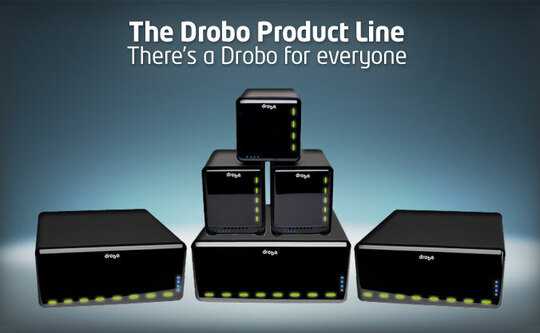14
5
As Microsoft is cutting support for Drive Extender in Windows Home Server v2 (Windows Server Codename Vail is the official name), what are the alternatives to Drive Extender on a self-built machine?
Requirements:
- Easily add or remove drives (to gain more space or duplication)
- Redundancy (either through duplication of chosed folders, or through something equivalent to RAID level 5)
- Easy to set up and use (so RAID is out of the question)
- Drive failure should leave data readable/recoverable on working disks
- Performance
- Support drives larger than 2TB (WHS v1 does not support this)
- Drives of different sizes
- Network enabled (SAMBA/CIFS)
What are my options?

Note that the new Drive Extender implementation in the Vail Betas didn't allow you to plug a drive in to another computer for recovery. Just FYI. – Jay Bazuzi – 2010-11-24T13:44:41.237
Yes, I am aware of that fact (but forgot to mention it in the question). Another reason to drop WHS when I need to use >2TB drives. – Vegard Larsen – 2010-11-25T08:27:10.947